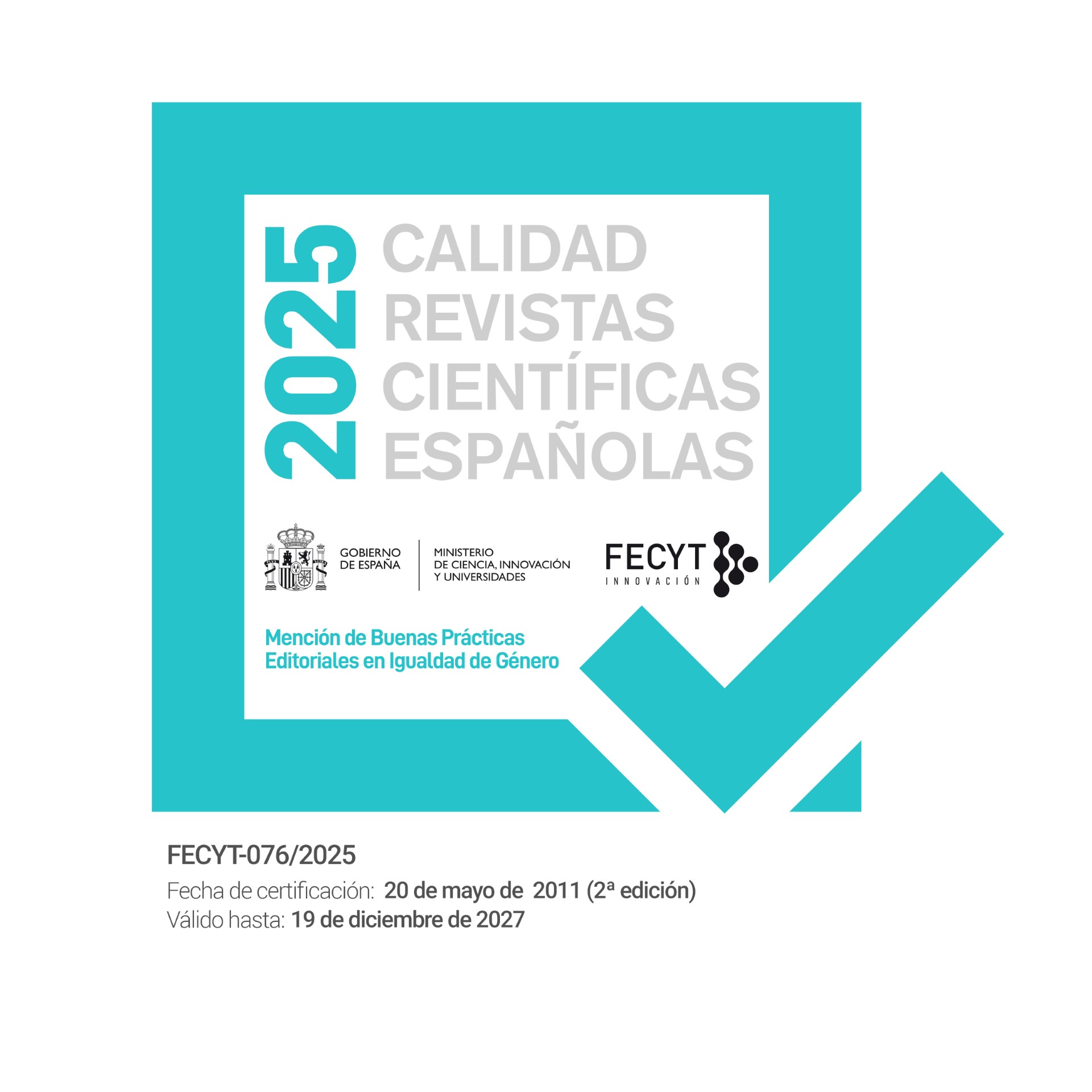Political parties, political opinions and Internet: violation of the right to personal data
DOI:
https://doi.org/10.5944/trc.44.2019.26005Keywords:
electoral activity, elections, political parties, political opinions, data protection, LOREGAbstract
Electoral processes do not escape the digital transformation that our society is undergoing. The necessary adaptation of electoral regulations to the use of digital technologies implies respect for personal data protection regulations and the existence of adequate guarantees that prevent political parties from manipulating citizens’ votes for the information they know or get to know about them through the Internet. The modification of article 58.bis).1 of Organic Law 5/1985, of the General Electoral System (LOREG), allowing political parties to collect personal data related to the political opinions of citizens, provoked from
headlines, citizen criticism and interesting debates by experts in the field to the proposal by the Ombudsman of an appeal of unconstitutionality against said possibility. The Constitutional Court in the Jugdment 76/2019 ends the debate by manifesting not only the unconstitutionality of the contested precept, but also by demonstrating the importance of protecting citizens’ personal data with due guarantees, especially when these data are a reflection of their political ideology and their treatment affects the correct democratic functioning of our State.
Downloads
Downloads
Published
How to Cite
Issue
Section
License
Las obras están bajo una Licencia Creative Commons Atribución-NoComercial-SinDerivar 4.0 Internacional.
Se pueden copiar, usar, difundir, transmitir y exponer públicamente, siempre que:
- Se cite la autoría y la fuente original de su publicación (revista, editorial y URL de la obra).
- No se usen para fines comerciales.
- Se mencione la existencia y especificaciones de esta licencia de uso.








